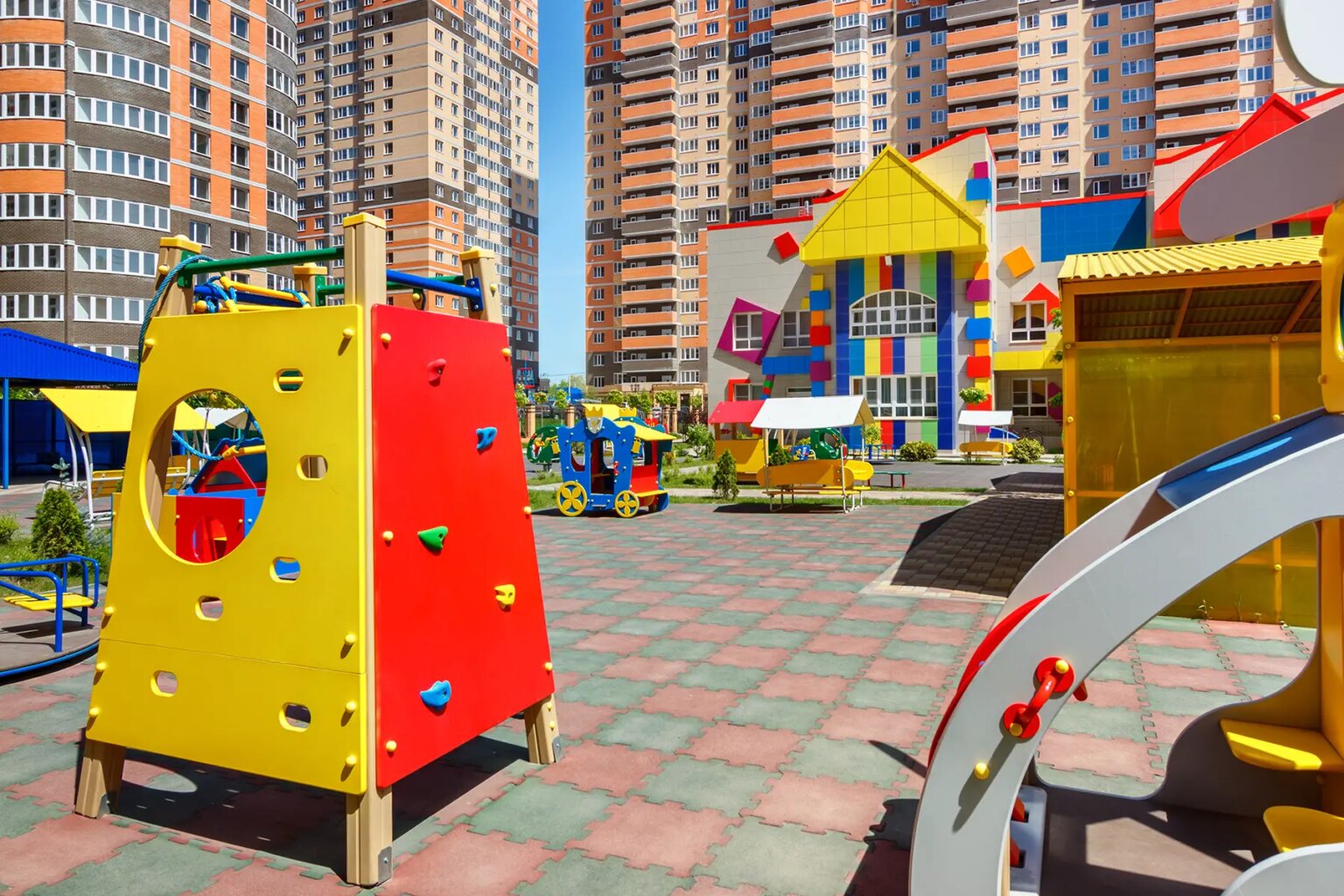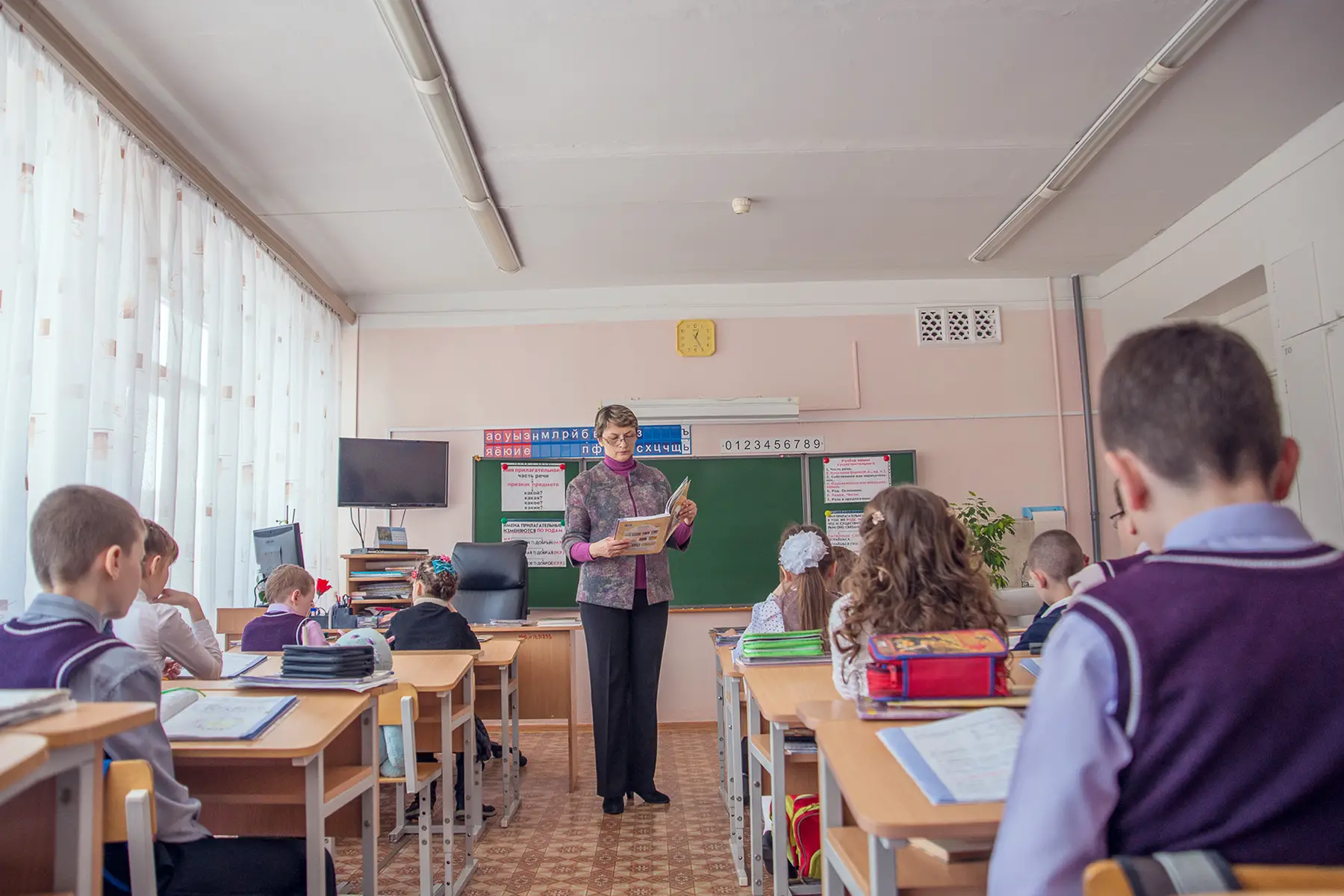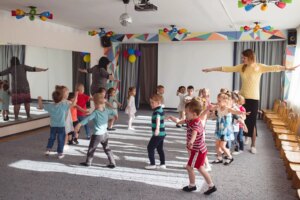Important notice from the Editor in Chief
Maintaining our Russian site is a delicate matter during the war. We have chosen to keep its content online to help our readers, but we cannot ensure that it is accurate and up to date. Our team endeavors to strike the right balance between giving information to those who need it, and respecting the gravity of the situation.
Moscow, and Russia in general, offers benefits for maternity leave, single parents, and more to assist in childcare. Here’s a guide to your options, as well as kindergartens, schools, and nannies.
Kindergartens in Russia
Regional and local authorities regulate kindergartens in Russia. The Ministry of Education and Science regulates only a brief preschool preparation program for children ages five to six.
The childcare system in Russia provides for universal primary (one to three years of age) and kindergarten (three to seven years of age) service in urban areas. These relieve working mothers from daytime child care needs.
After the collapse of the Soviet Union, the number of kindergartens decreased. As a result, large cities encountered a shortage of kindergarten vacancies. Moscow offers specialized kindergarten commissions available in certain locations around the city when empty slots are available. To get into this childcare system in Russia, parents place their kids on the waiting list as soon as they’re born.
Nannies and babysitters in Russia
When choosing a nanny, the main decision is whether to choose a Russian nanny or a nanny with another nationality.
A Russian nanny might be willing to help you with other daily tasks that require the Russian language, such as ordering water over the phone and enrolling your child in a Russian detsky sad (kindergarten).
Детский сад
This is an educational institution for childcare in Russia, usually for kids three to seven years of age; known as a cheaper option, and generally more convenient.
After a few months immersed in a Russian-speaking environment, younger children generally find it easier to learn the language. Children under school age usually cope well and start understanding and speaking Russian relatively quickly.
This gets harder as the child gets older so you might prefer to keep your child in an international school.
Childcare allowance and maternity leave in Russia
Childcare monetary benefits in Russia are for families with income below the minimum subsistence level. The one condition is that the child must reside in the household. If a parent fails to pay alimony, there are supplements; single parents receive twice the amount of child allowance to assist single mums and dads.
Maternity leave pays insured or unemployed parents until the child is 18 months old. The benefit is 40% of the insured’s average wage within the last 12 months.
Exactly 100% of the insured’s gross earnings in the last 12 months is paid for 70 days before the expected date of childbirth and 70 days after childbirth. However, this may extend by an additional 14 or 40 days in certain cases.
Working mothers and childcare support in Russia
A large proportion of the workforce are working mothers. Most Russians, including women, value a women’s role in society as a mother and housekeeper far more than her role as an employee. However, society also expects that she is all three simultaneously.
Men occupy most of the powerful positions in the workplace. Pregnant women or women with a child one to three years of age cannot work at night. When a pregnant woman leaves her job to give birth and look after her child, she receives three-years of paid maternity leave.
A woman with an employment contract may pair maternity leave from 70 days prior to giving birth and 70 days after. Maternity leave benefits are based on the minimum wage in Russia rather than on a woman’s current wage.
Russia also provides a maternity grant. This is a one-time payment totaling three times the minimum wage (or 45% of the minimum wage in the case of mothers who have worked less than one year). In order to receive a maternity allowance, a woman must have an employment contract. The maternity allowance then amounts to 100% of the mother’s salary, regardless of her length of employment.
Maternity allowances in Russia are followed by a monthly childcare allowance of 80% of the minimum wage for children up to 18 months old. This allowance may be supplemented by a child-care allowance. This is set at 35% of the minimum wage to compensate for earnings lost in the course of caring for children in this age bracket.
Single mothers and those who receive no child support from the father of their child may obtain an additional 45% of the minimum wage up to their child’s sixth birthday. The figure then increases to 50% and remains effective until the child is sixteen.





